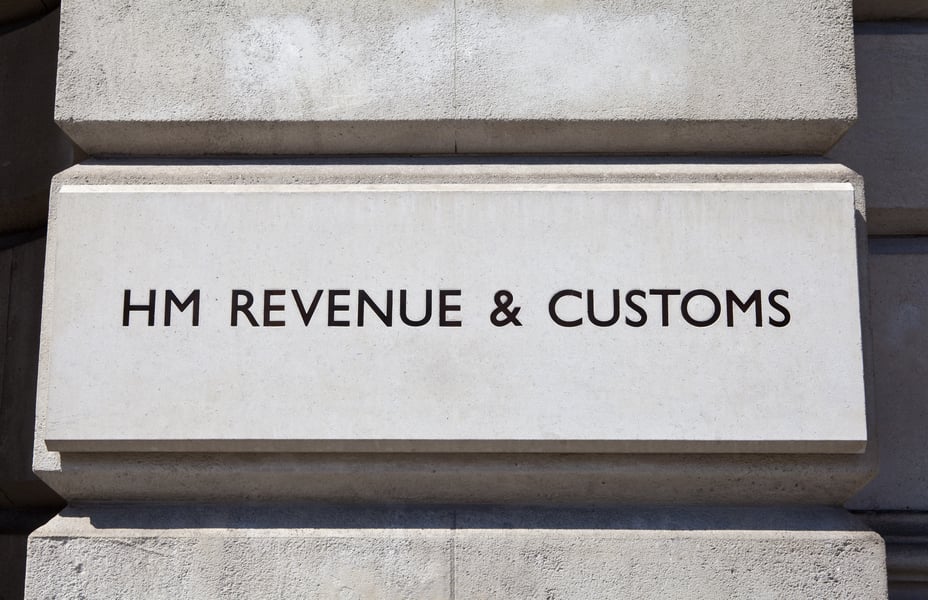However, December's transaction numbers were 11.8% higher than November 2021.

The provisional non-seasonally adjusted estimate of UK residential transactions in December 2021 was 113,470, 14.6% lower than December 2020, according to the monthly property transactions data from HMRC.
However, the number of transactions in December was 11.8% higher than November 2021.
The provisional non-seasonally adjusted estimate of UK non-residential transactions in December 2021 was 11,780, 7.4% higher than December 2020 and 12.9% higher than November 2021.
According to HMRC, the provisional seasonally adjusted estimate of UK residential transactions in December 2021 was 100,110, 20.0% lower than December 2020, but 7.6% higher than November 2021.
The provisional seasonally adjusted estimate of UK non-residential transactions in December 2021 was 9,760, 3.4% higher than December 2020 and 4.1% lower than November 2021.
Stuart Wilson, corporate marketing director at more2life, said: “December wrapped up a bumper year for the mortgage market and the later life lending sector continued to play a significant role in its success.
"The latest figures from Key show that the equity release market had a record year by breaking the £4bn barrier for the first time.
"Much of this activity was buoyed by the stamp duty holiday, with almost one in four (22%) equity release customers using housing equity to gift to a loved one to help with property purchase deposits.
"On top of this, at more2life, we have seen an increase in the number of older homeowners using equity release to help purchase their 'forever' home over the last year.
“Buyers in later life are often keen to move closer to family and friends, or to a property that can be adapted to suit their needs and mobility, and equity release can be a fantastic way to boost their buying power.
"However, releasing equity to fund a house purchase remains an under-used benefit of lifetime mortgages and advisers have a vital role to play in educating clients on the varied uses of equity release.”
"October was always going to be a real low, because so many people hurried a sale through to take advantage of the tax break that finished at the end of September. The recovery in the two months to December sees a return to stronger levels of transactions.
"However, these figures measure completed transactions, so there’s a lag between people’s decision to buy and when they feed into these statistics, about two to three months later.
"We know that agreed sales have been dropping for months, so there’s a good chance this will manifest itself in lower completion numbers over the next few months.
"Agreed sales have been dropping partly as a result of the property drought, with the number of properties coming to market falling for the last nine months of 2021.
"The shortage of houses doesn’t just make it harder to buy, it’s also pushing prices up, with early indications from the commercial indices that prices hit a record high in December.
"It puts buyers in the miserable position of having to pay a huge premium for a home that they’ve had to settle for, which is going to put some of them off.
"Interest rates will be playing their part too, with weeks of speculation, a rise in December, and yet more talk of rises to come in the next few weeks or months.
"Any rise in mortgage rates would be a rise from a very low base, and there will still be some very attractive mortgage deals around. However, as we saw from the last few months of the stamp duty holiday, sometimes the idea of a change affects people’s buying decisions far more than the practical impact of the change itself.
"Back in September, people were racing for a deadline that, at most, would save them £2,500. So there’s a risk that a rise to an interest rate as low as 0.5% could make people think twice about stretching themselves to a more expensive property.”



